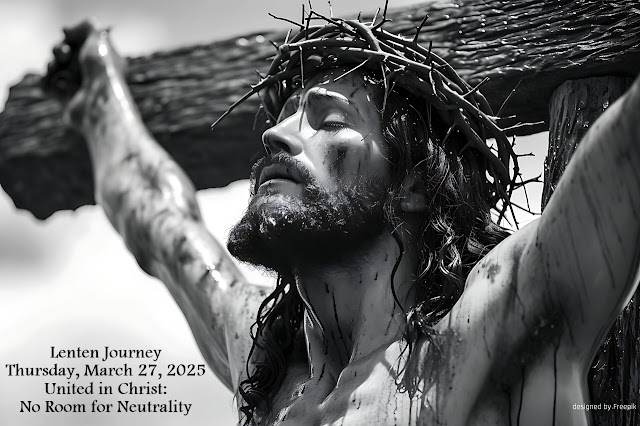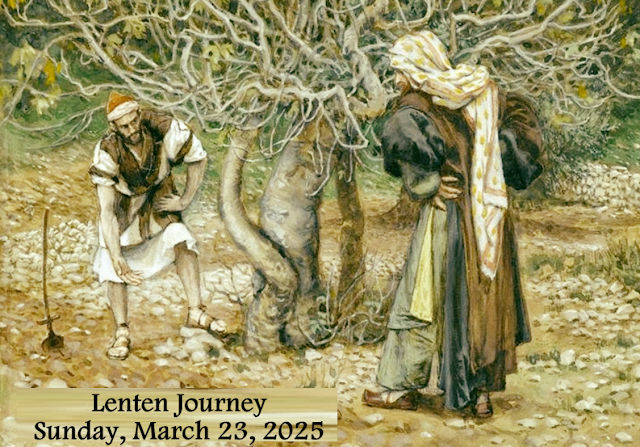
Walking by Faith: When Jesus' Word Is Enough I've always been drawn to this scripture about the royal official who sought Jesus to heal his son. After spending two days with the Samaritans, Jesus continued to Galilee where, despite His saying that a prophet has no honor in his own country, the Galileans welcomed Him because they had witnessed His works in Jerusalem. In this story, I see a reflection of my own faith journey. Unlike the initial hesitation we sometimes see in Scripture, my faith in Christ has become the bedrock of my existence. When I read about the official taking Jesus at His word and departing without demanding proof, I recognize that steadfast trust in my own life. "Go, your son will live," Jesus told him. And the man believed the word that Jesus spoke to him and went on his way. This resonates deeply with me. My relationship with our Lord Jesus isn't complicated at all by worldly distractions. I've worked diligently to orient my life toward...

















